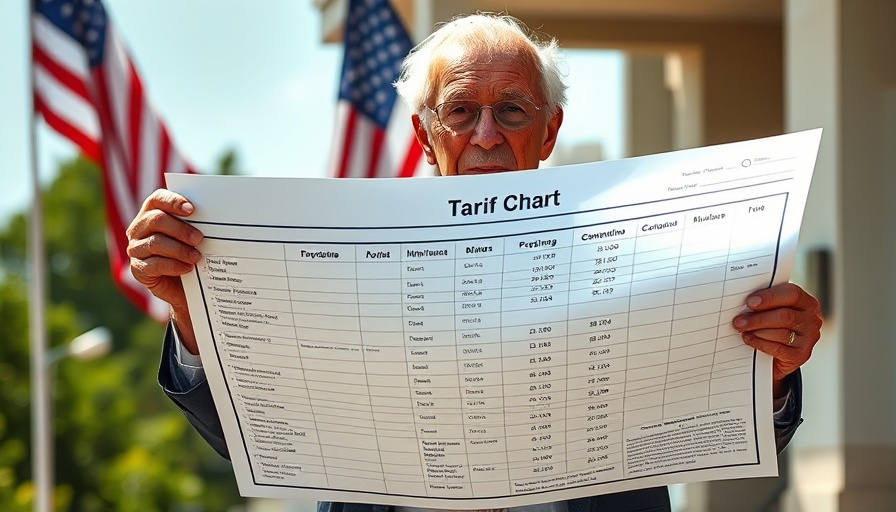
Understanding Tariffs: A Temporary Source of Revenue
As the economy teeters on the brink of a recession, the question arises: are tariffs truly a sustainable source of revenue for the U.S. government? President Trump’s tariffs currently generate an estimated $300 billion annually, the highest effective rate since 1911. However, relying on these funds is fraught with risks, as highlighted by Moody’s Analytics chief economist Mark Zandi.
Potential Pressure on Future Presidents
According to Zandi, any future president may face intense pressure to cut these tariffs during a recession, as they are easily adjustable through executive orders rather than requiring legislative action. This flexibility makes them a volatile revenue source at best, and it calls into question the stability of federal budget planning dependent on these funds.
Tariffs: A Burden on Consumers
The effects of tariffs extend beyond government revenue; they also impact consumers directly. As Zandi notes, most of the costs associated with tariffs are passed down to consumers. They manifest as increased prices on imported goods, effectively working as sales taxes. Goldman Sachs has indicated that consumers may feel the pinch as consumer behavior shifts under rising prices.
A Looming Recession: What to Expect?
While the U.S. economy isn’t officially in recession now, detailed data shows that over half of the nation's monitored industries are experiencing job cuts, which typically accompany economic downturns. Zandi has previously forecast that a recession could be on the horizon, and if that occurs, tariffs may quickly become a focal point for relief efforts.
Alternative Solutions for Revenue
Faced with the potential fluctuations in tariff revenue, policymakers might need to seek alternative strategies for funding government initiatives. A diversified approach focusing on long-term economic health, rather than temporary measures like tariffs, could better stabilize the economy.
Consumer Perspectives: Navigating Financial Challenges
Consumers may find themselves grappling with the implications of tariff-based price increases. Understanding the dynamics of tariffs allows businesses and consumers alike to make informed decisions in times of economic uncertainty. Studying how global trade impacts local business strategies can offer insights into navigating potential economic upheavals.
As businesses and individuals prepare for economic fluctuations, staying informed about changes in tariff policies is crucial. The relationship between government revenue and consumer burden highlights the need for active engagement and adaptation in financial planning.
 Add Row
Add Row  Add
Add 



Write A Comment